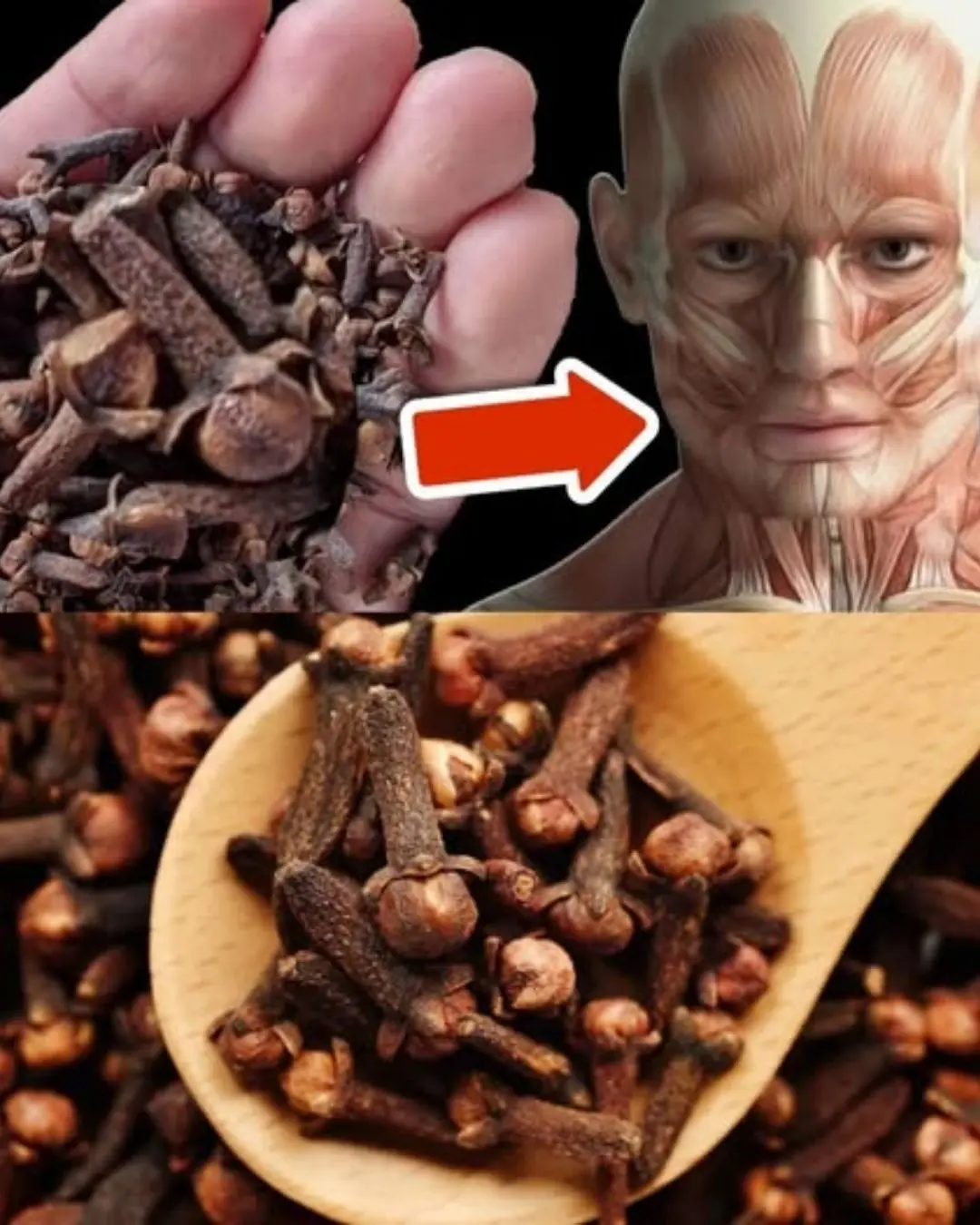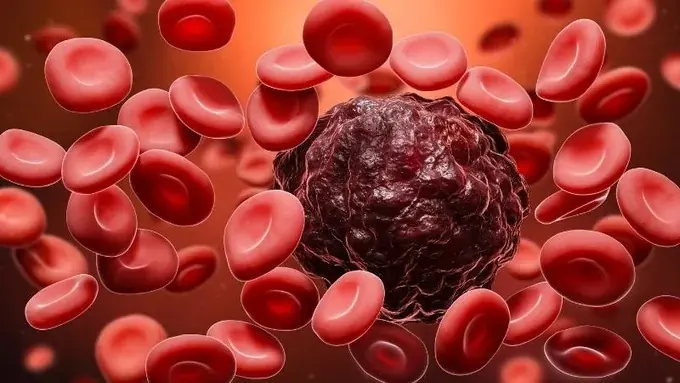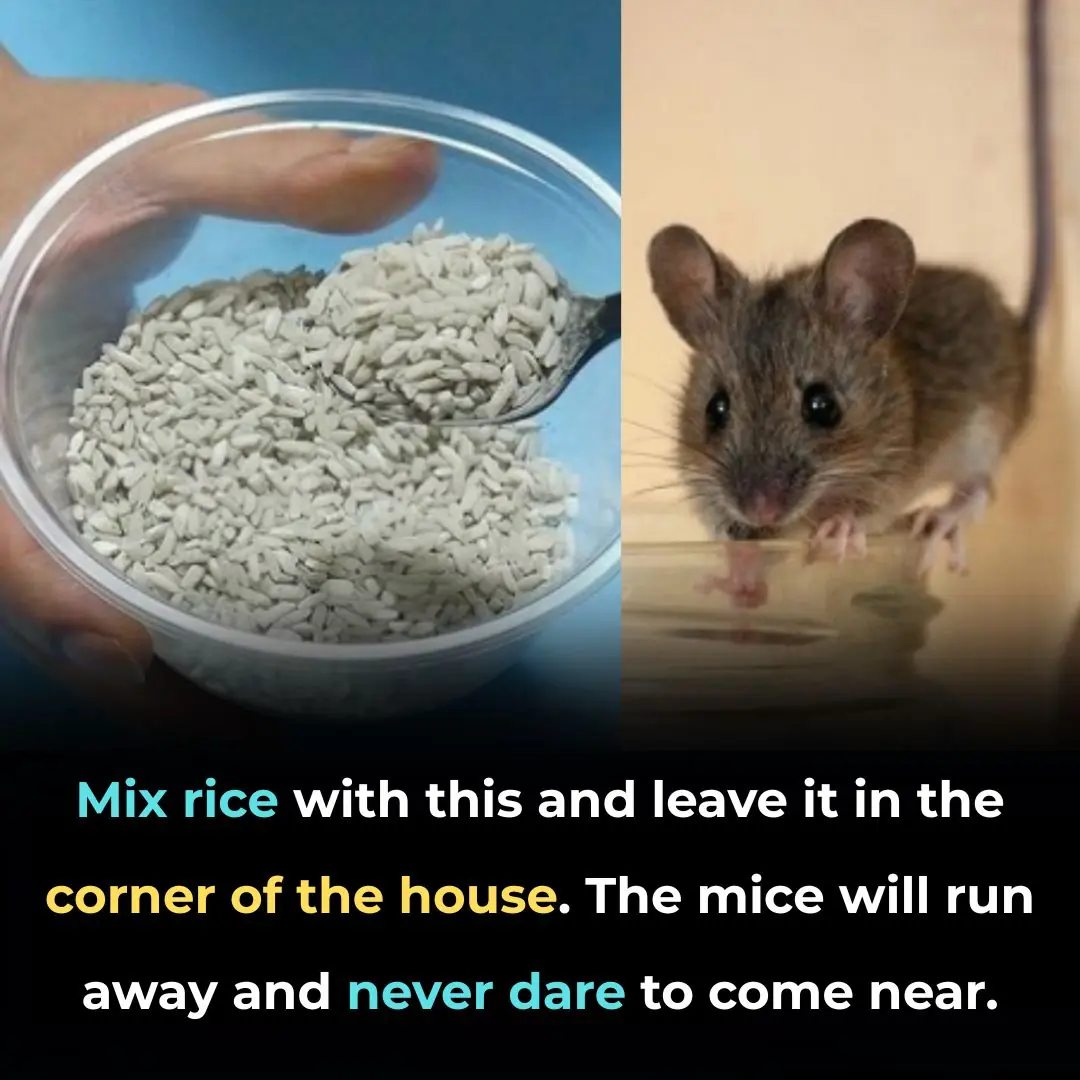
Shingles Vaccine May Protect Against Dementia, New Study Suggests
Could a simple vaccine hold the key to protecting the brain against one of the most feared diseases of aging?

We’ve all experienced it—that annoying, heavy feeling in your chest, a throat clogged with gunk, and breathing or speaking that suddenly feels like a struggle. Excess phlegm and mucus are common symptoms of many conditions, from respiratory infections and seasonal allergies to smoking or exposure to dry or polluted environments.
While your body naturally produces mucus as a defense mechanism—to trap dust, allergens, and microbes—too much of it can be uncomfortable, irritating, and at times a signal that something more serious may be going on.
The good news? There are plenty of natural remedies, practical lifestyle tweaks, and accessible treatments that can help loosen and clear that congestion. Here are 10+ highly effective strategies to clear your chest and throat so you can breathe—and live—a little easier.
Why it works: Staying well-hydrated helps thin out thick mucus, making it easier for your body to expel it naturally through coughing or swallowing.
What to do:
Drink warm water, herbal teas, or clear broths throughout the day.
Add lemon and honey to tea for extra soothing and antibacterial effects.
Limit alcohol and caffeine, both of which can dehydrate your system.
Consider drinking warm water with apple cider vinegar (1 tsp in a glass) to help balance pH and reduce throat irritation.
Why it works: Steam helps open up your airways, moisturize dry passages, and loosen stubborn mucus.
What to do:
Boil water and pour it into a large heat-safe bowl.
Lean over the bowl, drape a towel over your head, and inhale deeply for 10–15 minutes.
For extra relief, add a few drops of essential oils like eucalyptus, peppermint, or tea tree oil.
You can also take a hot shower and breathe in the steam as a quick daily practice.
Why it works: Salt water helps break down thick mucus, kills bacteria, and soothes throat inflammation.
What to do:
Mix ½ teaspoon of salt into a glass of warm water.
Gargle for about 30 seconds, then spit it out.
Repeat 2–3 times daily to keep your throat clear and fresh.
Why it works: Some foods and herbs naturally encourage the body to expel mucus.
What to try:
Ginger tea or chew fresh slices to reduce inflammation and fight infection.
Spicy foods like chili peppers, wasabi, and horseradish can thin mucus and clear sinuses quickly.
Turmeric mixed with warm milk or water offers powerful anti-inflammatory and antimicrobial benefits.
Add pineapple juice to your diet—bromelain (an enzyme in pineapple) can help break down mucus.
Why it works: Dry air can irritate your airways and worsen mucus buildup. A humidifier adds moisture back into your environment.
What to do:
Use a cool-mist humidifier, especially while sleeping.
Clean the device daily or as instructed to prevent mold, bacteria, and mineral buildup.
Ideal indoor humidity: 40–60%. Use a hygrometer to monitor.
Why it works: Expands your lungs, mobilizes mucus, and strengthens your respiratory system.
What to do:
Sit up straight, inhale deeply through your nose, and hold for 3–5 seconds.
Exhale slowly through pursed lips.
Repeat this 2–3 times per session, several times a day.
Controlled coughing: Take a deep breath, hold it briefly, then cough forcefully to bring up mucus.
Why it works: Lying flat can cause mucus to pool in your throat and nasal passages overnight, worsening congestion.
What to do:
Use an extra pillow or a wedge pillow to elevate your head and chest.
Side-sleeping may also help mucus drain more efficiently.
Why it works: Certain environmental triggers increase mucus production and aggravate respiratory conditions.
What to do:
Avoid smoking and secondhand smoke—they dry and irritate the lungs.
Use an air purifier to reduce allergens, dust, and pollutants.
Wear a mask in dusty or polluted environments, or when exposed to strong chemical fumes or fragrances.
Keep pets clean and vacuum regularly if you're allergic to dander.
Why it works: Some medications help thin mucus and relieve sinus pressure.
What to try:
Guaifenesin (Mucinex) is an expectorant that helps loosen and thin mucus.
Nasal decongestants or saline sprays can ease nasal congestion and drain sinuses.
Lozenges with menthol or eucalyptus may provide temporary throat relief.
Always read labels and consult a healthcare provider if you’re unsure or if symptoms persist beyond 10–14 days.
Why it works: Warm fluids relax throat muscles, improve circulation, and help loosen mucus.
Try this lung-cleansing drink:
Ingredients:
1 tbsp fresh lemon juice
1 tbsp raw honey
1 tsp grated ginger
½ tsp turmeric powder
1 cup warm water
Instructions:
Mix all ingredients in a mug.
Stir until the honey dissolves completely.
Sip slowly while warm, up to twice a day for best results.
You can also try licorice root tea, thyme tea, or chamomile for extra respiratory support.
Why it works: Light movement improves circulation and helps clear mucus from the lungs more efficiently.
What to do:
Take short walks, stretch, or do gentle yoga—especially postural poses that open the chest.
Avoid lying down for long periods during the day when you're congested.
Excess mucus and phlegm may not be dangerous in most cases, but they can significantly affect your comfort and quality of life. Fortunately, many natural remedies and simple lifestyle adjustments can bring noticeable relief.
However, if symptoms last more than three weeks, worsen, or are accompanied by fever, chest pain, or bloody mucus, it's essential to consult a doctor. Persistent mucus could indicate a more serious condition like bronchitis, asthma, or a chronic infection.
Until then, stay warm, stay hydrated, and give your body the tools it needs to heal and clear itself out—naturally.

Could a simple vaccine hold the key to protecting the brain against one of the most feared diseases of aging?

From elevated cancer rates to stress-induced cardiovascular disease, the profession carries health costs that demand greater awareness and intervention.









Catching these subtle, non-motor clues may help identify Parkinson’s long before the motor stage, opening the door to interventions that could delay its full expression.

While debate continues over its official recognition, the research shines a spotlight on the neurological toll of modern labor demands and could pave the way for tailored treatments in the future.

The study authors emphasize that these findings mark only the beginning.










Could a simple vaccine hold the key to protecting the brain against one of the most feared diseases of aging?

Avoiding purine-heavy foods like organ meats, processed meats, certain fish, and yeast-based products can help reduce flare-ups and maintain joint health.

From constant-use devices like refrigerators to high-powered kitchen tools, every household has hidden electricity traps.

From elevated cancer rates to stress-induced cardiovascular disease, the profession carries health costs that demand greater awareness and intervention.


Homemade carrot oil is a simple, nutrient-packed solution for brighter, firmer, and deeply hydrated skin. Whether you choose the slow, nutrient-preserving sun infusion or the quick simmering method, this golden oil can rejuvenate your skin from the inside










